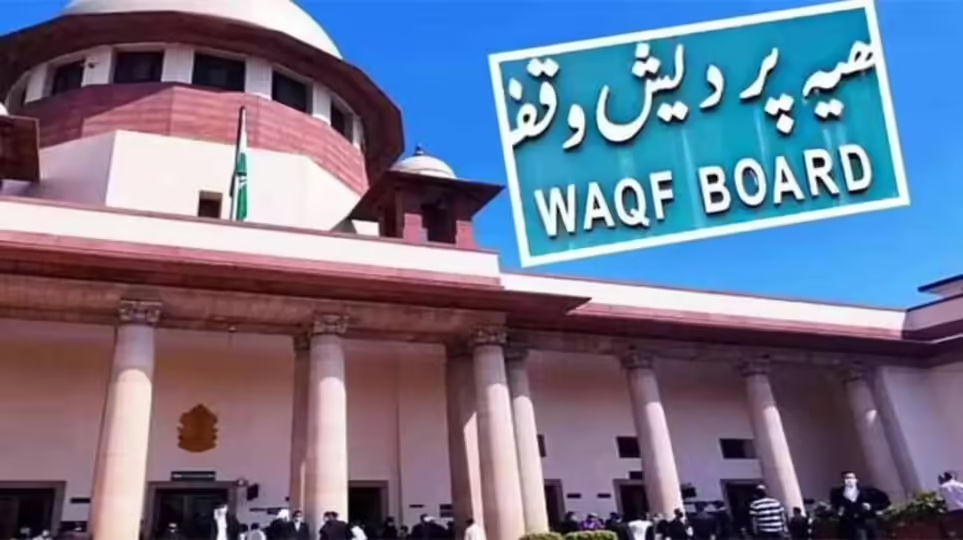Solicitor General said during hearing in the Supreme Court on amendments in Waqf Act, 'Why can't the government investigate'

New Delhi
The petitions filed against the recent amendments made by the Parliament in the Waqf Act are being heard in the Supreme Court. Solicitor General Tushar Mehta on Wednesday said that the government wants to ensure the land of the trust for all citizens. Tushar Mehta said, before the amendment of the Waqf Act 2013, it was said in all versions of the Act that only Muslims can wow their property. But an amendment was made just before the 2013 general election, according to which anyone can work on their own property.
The Solicitor General said, "Waqf means that the property is of someone else according to the use. You have earned rights by continuously using. So it is necessary that private/government property is used for a long time. If there is a building which is a government property, can the government not investigate whether the property is of the government or not? The provision of the trust is in 3 (C).
Chief Justice of India Justice BR Gawai said, "Those who oppose the Waqf Amendment Bill say that in the event of a dispute of Waqf property, the government will decide its own matter by hearing itself." To this, Tushar Mehta said, "Revenue officials decide whether it is government land or not, but it is only a purpose of revenue records. He cannot decide the dispute. Their decision is not final. The collector will decide on their investigation, while the objection raised here is that the collector will be judges in their case. So JPC (Joint Parliamentary Committee) suggested that no other than the collector should be named in it."
The Solicitor General said, "Waqf by the user is essentially that you are using someone else's property as well. Why should the government not check whether the property belongs to the government or not. During the consultation, objection was raised that the collector should not be given the right to determine whether the land is government land or not, we changed the nominated officer for this."
He claimed in the court that false and fictional story is being fabricated against the Waqf Amendment Bill that they would have to provide documents or the Waqf would be collectively occupied. Waqf is not a fundamental right and is recognized by law. According to a decision, if any right is provided under the law, it can also be taken under the law.
He said that Waqf is an Islamic concept, but it is not an essential part of Islam. Donation is part of every religion and it can also be for Christians. There is a system of charity among Hindus. It is also present among the Sikhs. Waqf is nothing but charity in Islam. The Waqf Board only performs secular work-managing Waqf properties, keeping accounts correct, auditing accounts etc.
The Solicitor General said that the appointment of a maximum of two non-Muslim members in the Waqf Board will not change. These people do not affect any religious activity. The Hindu Services Commissioner can go inside the temple, the state government is also deciding the priest in temples, the Waqf Board does not interfere in religious activity at all. Religion has the power to control secular practices. The administration of property should be according to the law.
